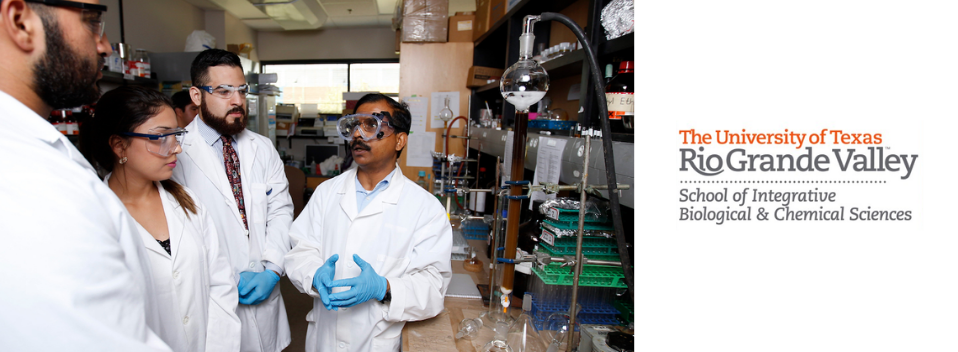
School of Integrative Biological & Chemical Sciences Faculty Publications
Document Type
Article
Publication Date
10-17-2024
Abstract
Cancer is a significant health challenge globally, with millions of people affected every year, resulting in high morbidity and mortality. Although other treatment options are available with limitations, chemotherapy, either standalone or combined with other therapeutic procedures, is the most commonly used practice of treating cancer. In chemotherapy, cancer cells/malignant tumors are targeted; however, due to less target specificity, along with malignant cells, normal cells are also affected, which leads to various off-target effects (side effects) that impact the patient quality of life. Out of all the different types of cancers, breast cancer is the most common type of cancer in humans worldwide. Current anticancer drug discovery research aims to develop therapeutics with higher potency and lower toxicity, which is only possible through target-specific therapy. Antibody-drug conjugates (ADCs) are explicitly designed to target malignant tumors and minimize off-target effects by reducing systemic cytotoxicity. Several ADCs have been approved for clinical use and have shown moderate to good efficacy so far. Considering various aspects, chemotherapy and ADCs are useful in treating cancer. However, ADCs provide a more focused and less toxic approach, which is especially helpful in cases where resistance to chemotherapy (drug resistance) occurs and in the type of malignancies in which specific antigens are overexpressed. Ongoing ADC research aims to develop more target-specific cancer treatments. In short, this study presents a concise overview of ADCs specific to breast cancer treatment. This study provides insight into the classifications, mechanisms of action, structural aspects, and clinical trial phases (current status) of these chemo-biologic drugs (ADCs).
Recommended Citation
Mukherjee, Attrayo, and Debasish Bandyopadhyay. 2024. "Targeted Therapy in Breast Cancer: Advantages and Advancements of Antibody–Drug Conjugates, a Type of Chemo-Biologic Hybrid Drugs" Cancers 16, no. 20: 3517. https://doi.org/10.3390/cancers16203517
Creative Commons License

This work is licensed under a Creative Commons Attribution 4.0 International License.
Publication Title
Cancers
DOI
https://doi.org/10.3390/cancers16203517


Comments
© 2024 by the authors.
Licensee MDPI, Basel, Switzerland. This article is an open access article distributed under the terms and conditions of the Creative Commons Attribution (CC BY) license (https://creativecommons.org/licenses/by/4.0/).